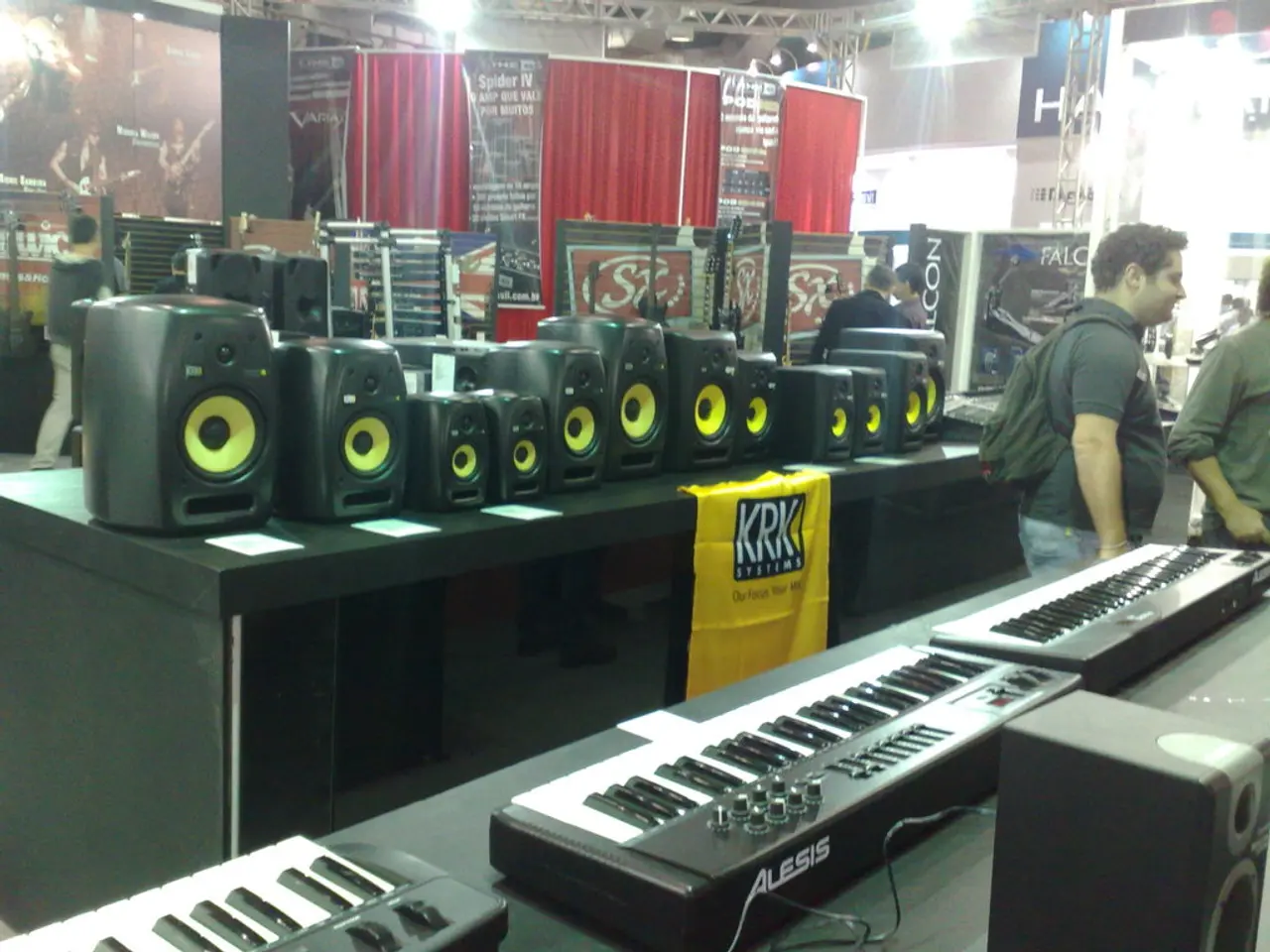American website U.S. 500 Delete: Apple, Nike, Hasbro, and 69 Additional Companies Failing to Produce Their Own Goods Excluded from Manufacturers Database
In the realm of American manufacturing, a significant shift has been underway, with more companies outsourcing logistics, administrative functions, and non-core processes. This trend, while not explicitly reflected in the official U.S. manufacturer list for 2023, has a substantial impact on how companies manage their supply chains and financial tasks, indirectly influencing manufacturing operations.
For the 2023 U.S. 500 list, the criteria and methodology have been revised to measure the strength and impact of U.S.-based manufacturing companies. However, these updates primarily focus on adding, removing, or revising specific company names and product categories without explicitly distinguishing outsourcing practices.
A notable aspect of this year's list is the elimination of 71 companies, with a combined $887 billion in sales, due to their failure to manufacture their own products. Among these companies, nearly one-third (32%) were computer, semiconductor, or other high-tech companies, such as Cisco, Palo Alto Networks, and Pure Storage Inc., which rely on contract manufacturers.
In the apparel and footwear sector, only four companies—Hanesbrands Inc., Levi Strauss & Co., Columbia Sportswear Co., and Kontoor Brands Inc.—have any in-house production remaining. Domestic apparel production has improved slightly, reaching $1.3 billion in inventory in March 2023, but it's still significantly less than the $5.1 billion recorded in 2001, marking an 84% drop by late 2019.
Meanwhile, some companies, like Apple and Nike, have outsourced almost all of their manufacturing to partners primarily located in Asia. Companies such as Hasbro, Scholastic, and Funko are examples of brands whose products are made by suppliers, not the companies whose names appear on the packaging.
In contrast, companies like Nvidia and Advanced Micro Devices have no fabrication plants, unlike Micron, Intel, and Broadcom, which are doubling down on U.S. manufacturing. In the semiconductor world, the balance between in-house production and outsourcing is becoming increasingly apparent.
The trend towards outsourcing is not limited to the U.S. Taiwan's Foxconn and Singapore's Flex are dominant players in the electronic manufacturing services sector, producing outsourced goods for companies that no longer appear on the U.S. 500 list.
This shift in manufacturing practices raises questions about the future of the U.S. manufacturing sector and the definition of a manufacturer. As companies continue to outsource, the line between the manufacturer and the supplier becomes increasingly blurred, challenging traditional notions of what constitutes a manufacturer.
[1] [Source] [2] [Source] [3] [Source] [4] [Source]
- In the competitive world of sports, technology plays a significant role in improving the performance of athletes, with companies like Nike, known for their outsourced manufacturing, developing advanced sneakers equipped with sensors and data analytics.
- Conversely, in the realm of semiconductors, a key technology component in modern sports equipment, companies such as Intel and Broadcom, with in-house manufacturing capabilities, are leading the way in producing microchips that enable the built-in technology for performance tracking, monitoring, and analysis.




